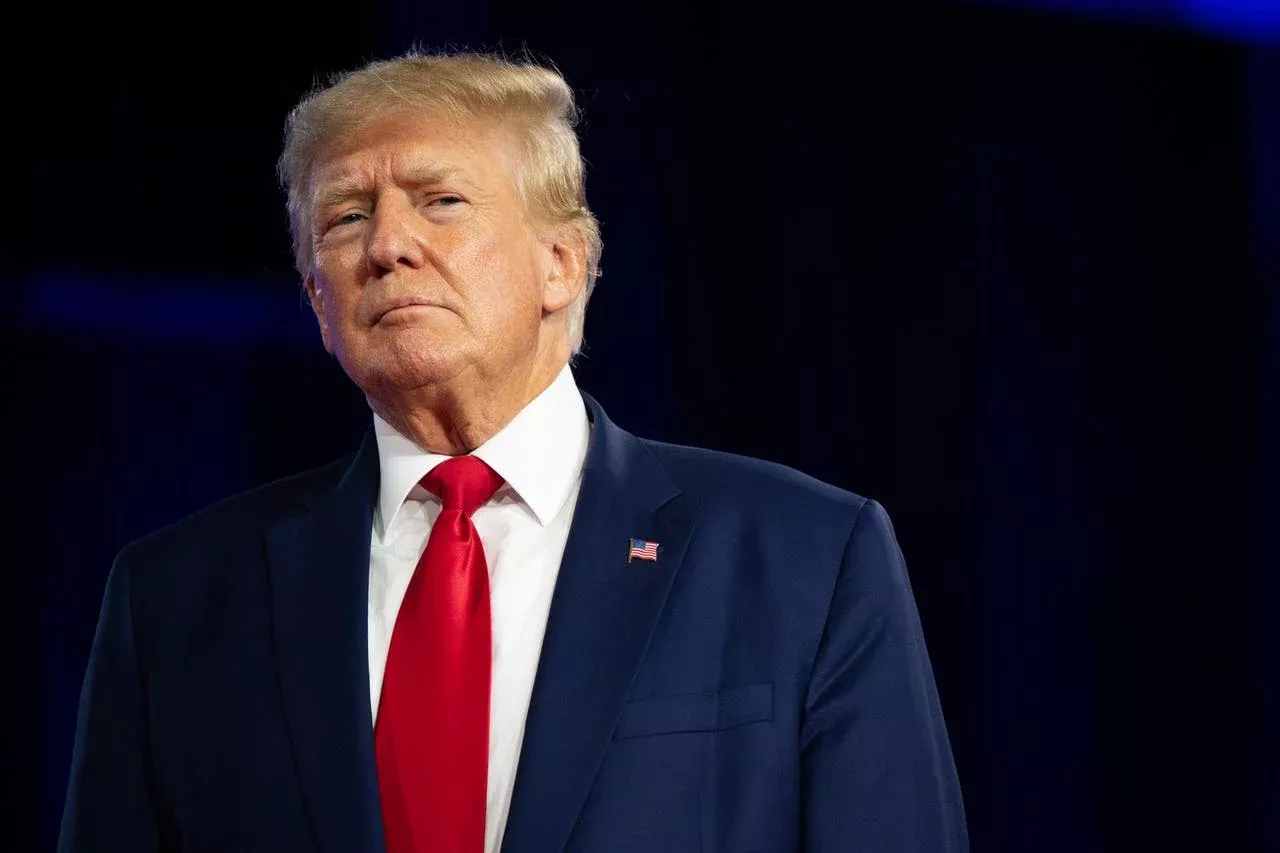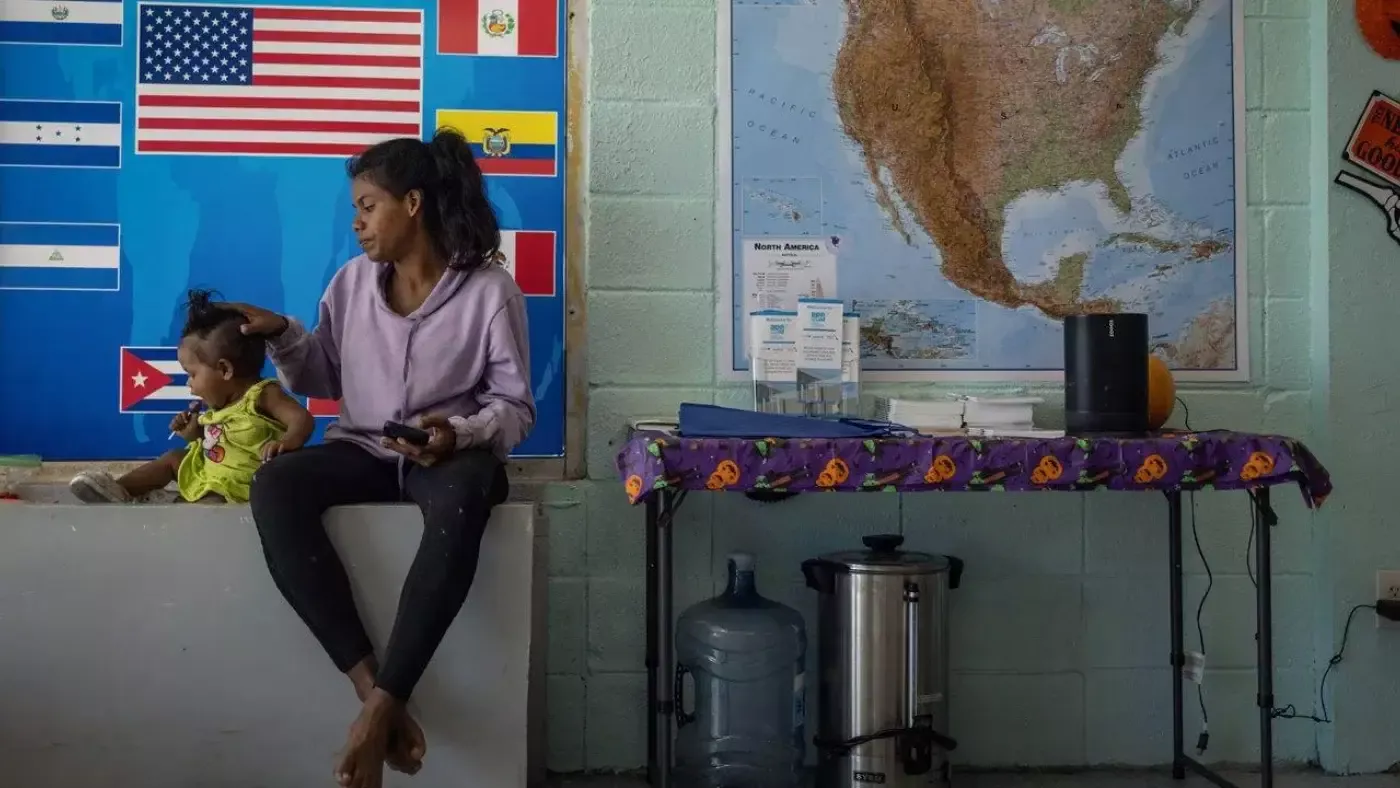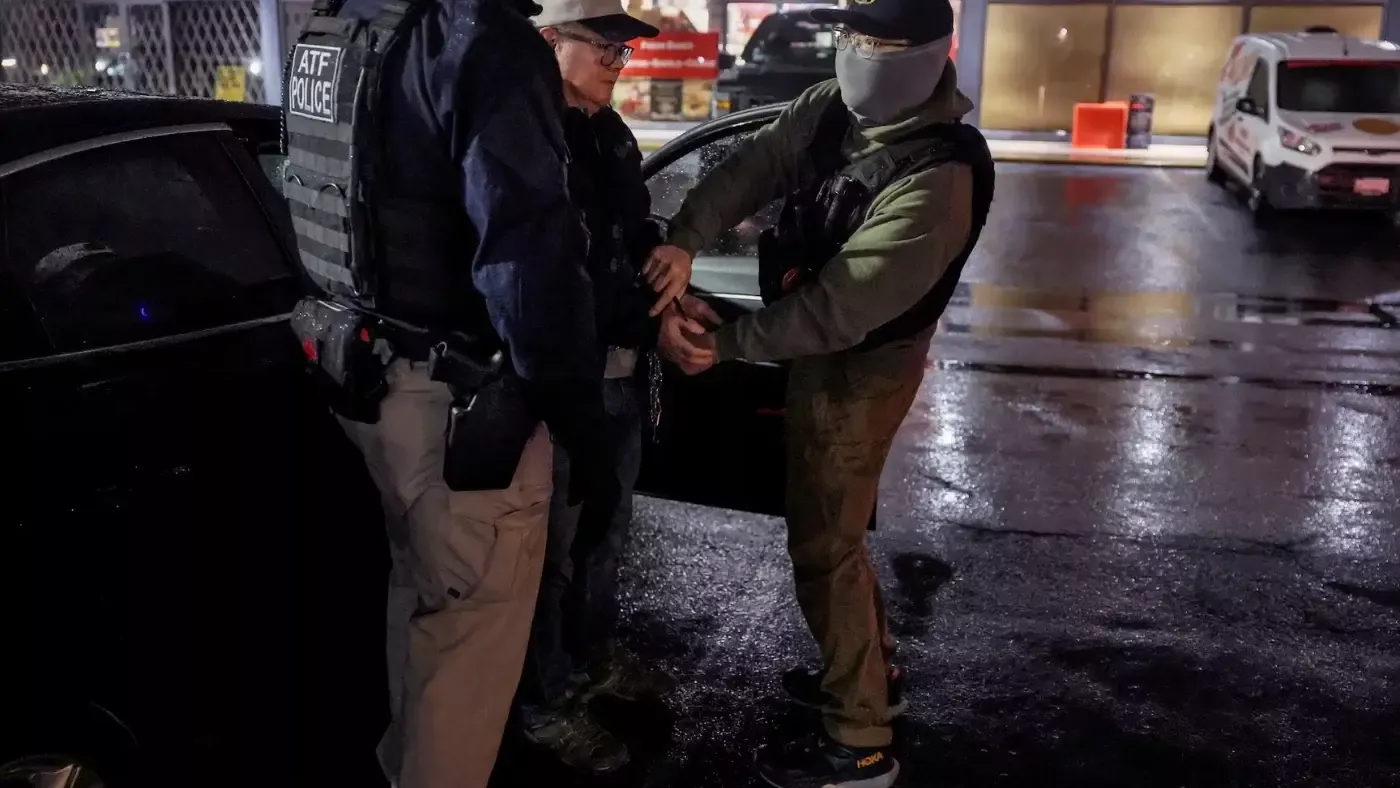
The US Supreme Court has made another important decision regarding citizenship based on birth. On June 27, a conservative majority led by Justice Amy Coney Barrett issued a ruling that limits the authority of lower courts, as reported by dw.com.
According to this ruling, several lower courts in the US have been stripped of the authority to suspend a decree by President Donald Trump that restricts citizenship for the children of immigrants. This means that the ability to challenge or suspend this decree is now limited. According to Reuters, the Supreme Court did not directly address the legality of Trump's policy through this decision, but merely defined the authority of the lower courts.
For reference, Donald Trump appointed Amy Coney Barrett to the Supreme Court during his first term as president. Following the recent ruling, Trump expressed gratitude on his social media and emphasized that the Supreme Court stood against the "radical left judges" who "abuse power." According to him, this decision was a significant achievement in protecting the Constitution, the separation of powers, and the rule of law.
Trump signed a decree limiting automatic citizenship for children born in the US after the inauguration on January 20. According to this decree, children of undocumented immigrants can no longer automatically receive citizenship simply because they were born in the country.
The increasing debates and disputes among courts are causing serious discussions in US society. This decision could have significant implications for the rights of those claiming citizenship and immigration policy in the future.
This is likely to spark new debates around civil rights and constitutional values in America. The topic remains relevant: who can obtain citizenship in the US and how far does this right extend? The outcomes of the intense discussions in society remain uncertain for now.






